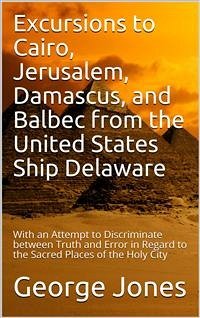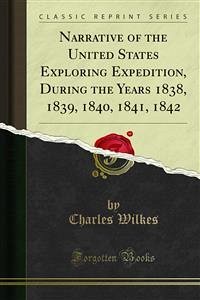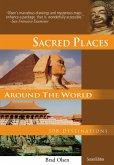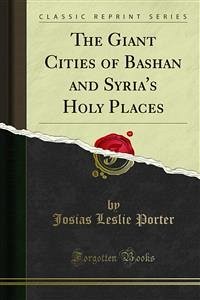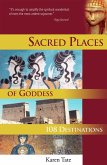The Author had no intention during the cruise of writing such a book. His reasons for now engaging in it are, in addition to those common on such occasions, a belief that the public take a very deep interest in the countries which he has visited, and would be pleased to have further means of information respecting them. The circumstances under which his excursions into Egypt and Syria were made, though limiting his observations to a few cities, gave him some unusual advantages in examining those to which he was allowed access.
The reader, he believes, will be surprised to see the changes which the energetic government of Mohammed Ali has wrought in Egypt and Syria; and these are only the beginning of changes. The whole East seems destined before long to a wonderful revolution, if not political, at least mental and moral. It is pleasing to see the present dawnings of light upon two countries the most celebrated in the world; the one for its ancient science, the other for its religion. The night appears to be past, and the day-spring at hand.
The Author has given a chapter on Jerusalem, which may appear to some of his readers better suited to a book of romance than of travels. His object was to place vividly before the reader the ancient city, which he believes to have had a splendor and a beauty of which few persons are aware. Though the scene is supposed to be raised up by a spell of fancy, yet there is nothing presented in the picture for which there is not authority in ancient writers, with the single exception of the arrangement of the hymns at the Paschal sacrifice.
The author, for reasons not necessary to be stated here, kept no journal during this cruise; but the events and scenes occurring in these visits made an impression so deep that the memory has kept a record of them sufficiently faithful. At the commencement of his attempt to put them on paper, he wrote to Commodore Patterson to ascertain whether such a design would meet with his approbation; and the Commodore, in a very kind letter in reply, was good enough to offer him the use of his own private journal and of his official letters. From these he has drawn much valuable statistical matter as well as hints on other subjects; and he takes this mode of publicly making his acknowledgments for the favor.
Through oversight, the year of these visits has not been mentioned in the body of the work; they were made in the year 1834.
Hinweis: Dieser Artikel kann nur an eine deutsche Lieferadresse ausgeliefert werden.
The reader, he believes, will be surprised to see the changes which the energetic government of Mohammed Ali has wrought in Egypt and Syria; and these are only the beginning of changes. The whole East seems destined before long to a wonderful revolution, if not political, at least mental and moral. It is pleasing to see the present dawnings of light upon two countries the most celebrated in the world; the one for its ancient science, the other for its religion. The night appears to be past, and the day-spring at hand.
The Author has given a chapter on Jerusalem, which may appear to some of his readers better suited to a book of romance than of travels. His object was to place vividly before the reader the ancient city, which he believes to have had a splendor and a beauty of which few persons are aware. Though the scene is supposed to be raised up by a spell of fancy, yet there is nothing presented in the picture for which there is not authority in ancient writers, with the single exception of the arrangement of the hymns at the Paschal sacrifice.
The author, for reasons not necessary to be stated here, kept no journal during this cruise; but the events and scenes occurring in these visits made an impression so deep that the memory has kept a record of them sufficiently faithful. At the commencement of his attempt to put them on paper, he wrote to Commodore Patterson to ascertain whether such a design would meet with his approbation; and the Commodore, in a very kind letter in reply, was good enough to offer him the use of his own private journal and of his official letters. From these he has drawn much valuable statistical matter as well as hints on other subjects; and he takes this mode of publicly making his acknowledgments for the favor.
Through oversight, the year of these visits has not been mentioned in the body of the work; they were made in the year 1834.
Hinweis: Dieser Artikel kann nur an eine deutsche Lieferadresse ausgeliefert werden.

